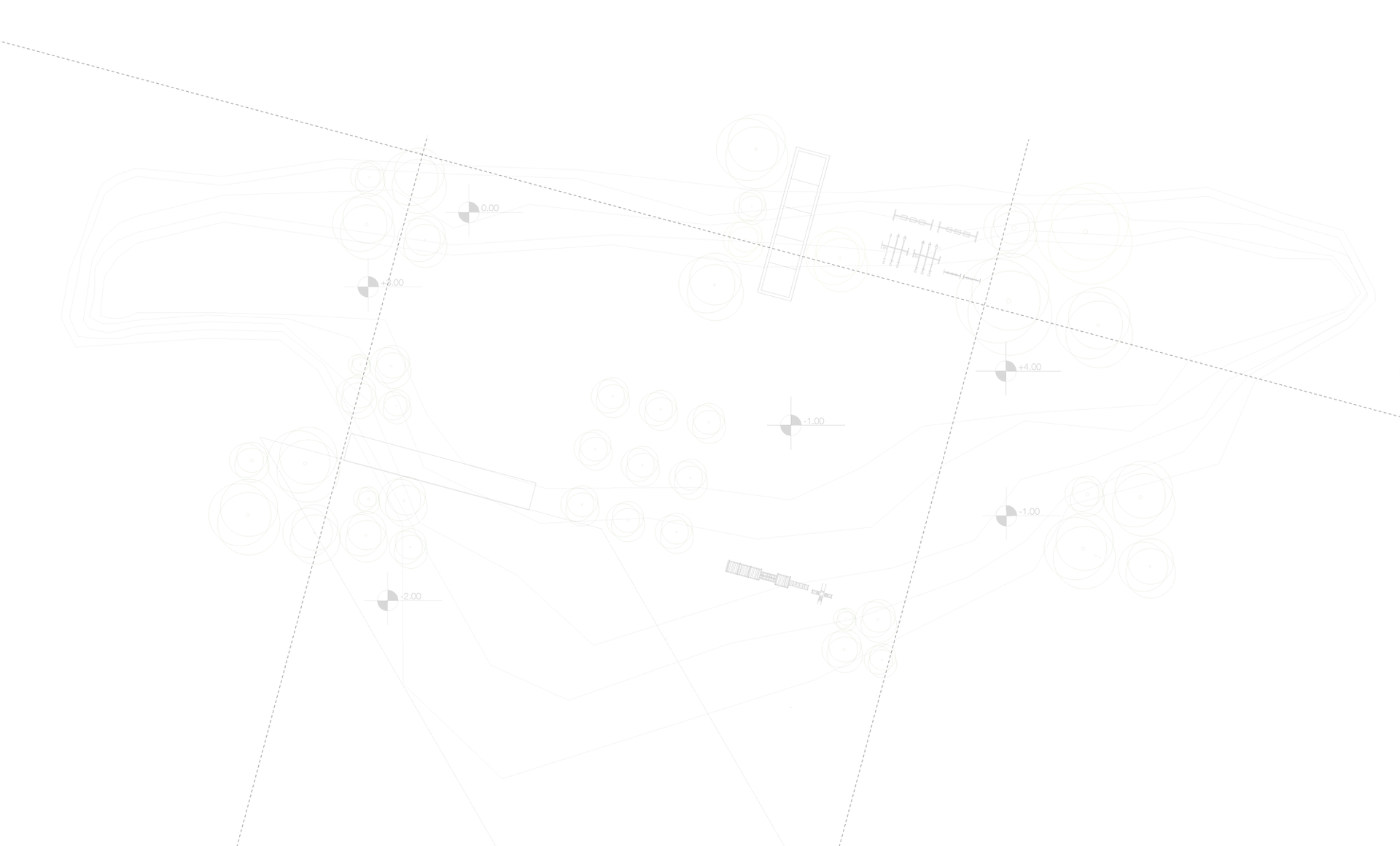Formative Fugues: Reconceptualizing Formative Feedback for Complex Systems Learning Environments
Mallavarapu, A., Lyons, L., & Uzzo, S. (2021). Formative Fugues: Reconceptualizing Formative Feedback for Complex Systems Learning Environments. International journal of complexity in education, 2(2).
The Next Generation Science Standards and the National Research Council recognize systems thinking as an essential skill to address the global challenges of the 21st century. But the habits of mind needed to understand complex systems are not readily learned through traditional approaches. Recently large-scale interactive multi-user immersive simulations are being used to expose the learners to diverse topics that emulate real-world complex systems phenomena. These modern-day mixed reality simulations are unique in that the learners are an integral part of the evolving dynamics. The decisions they make and the actions that follow, collectively impact the simulated complex system, much like any real-world complex system. But the learners have difficulty understanding these coupled complex systems processes, and often get “lost” or “stuck,” and need help navigating the problem space. Formative feedback is the traditional way educators support learners during problem solving. Traditional goal-based and learner-centered approaches don’t scale well to environments that allow learners to explore multiple goals or solutions, and multiple solution paths (Mallavarapu & Lyons, 2020). In this work, we reconceptualize formative feedback for complex systems-based learning environments, formative fugues, (a term derived from music by Reitman, 1964) to allow learners to make informed decisions about their own exploration paths. We discuss a novel computational approach that employs causal inference and pattern matching to characterize the exploration paths of prior learners and generate situationally relevant formative feedback. We extract formative fugues from the data collected from an ecological complex systems simulation installed at a museum. The extracted feedback does not presume the goals of the learners, but helps the learners understand what choices and events led to the current state of the problem space, and what paths forward are possible. We conclude with a discussion of implications of using formative fugues for complex systems education.
